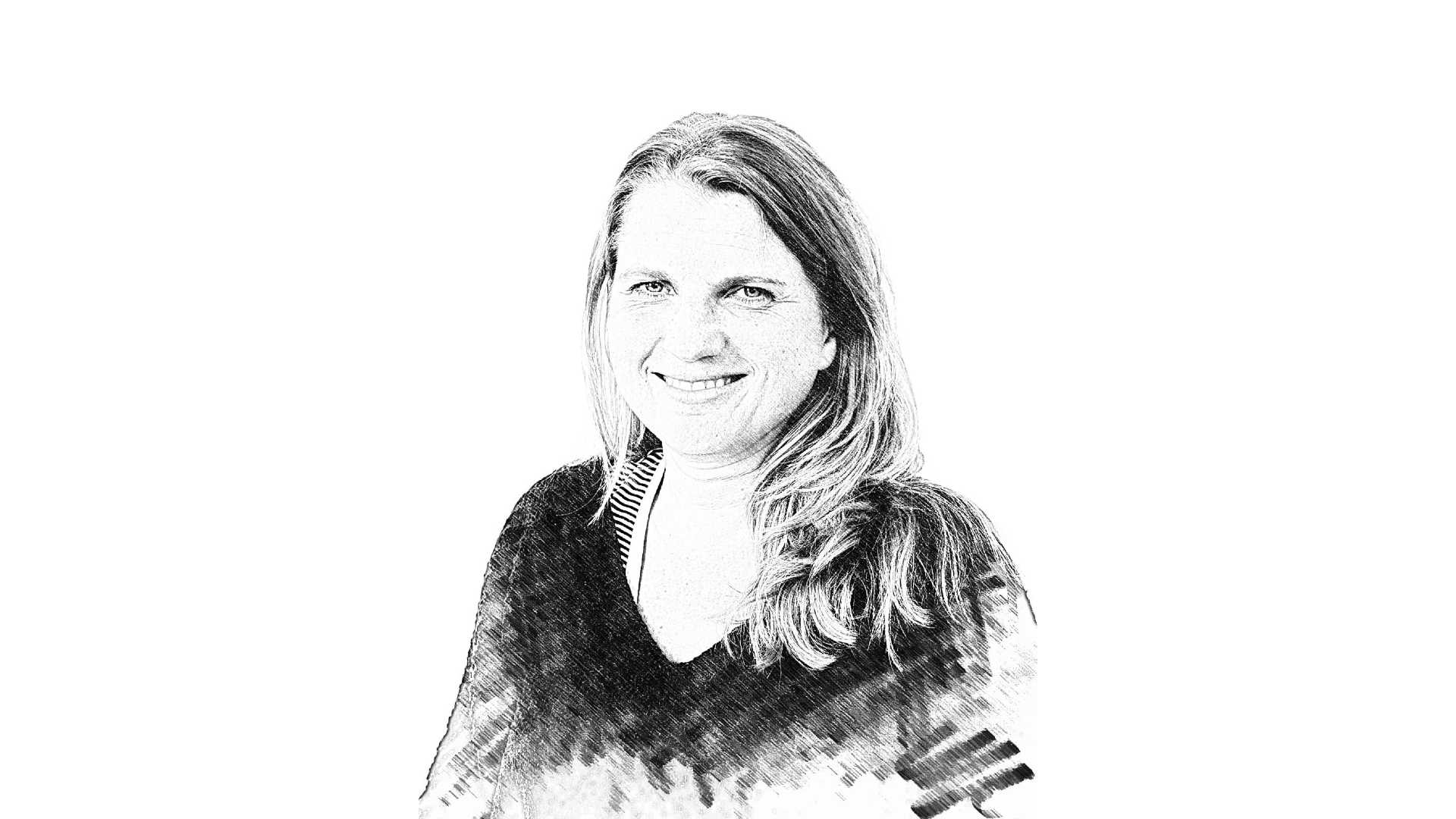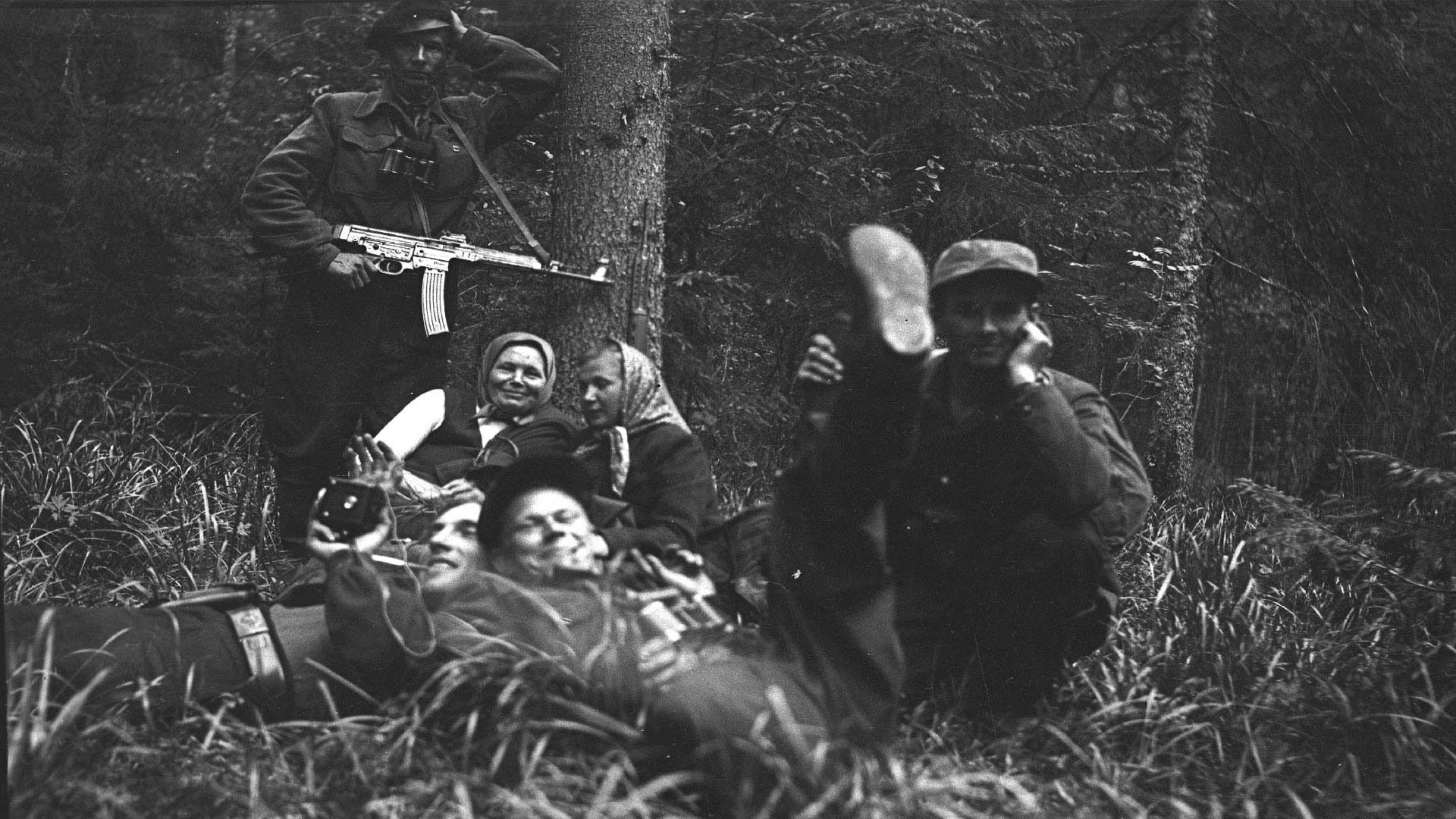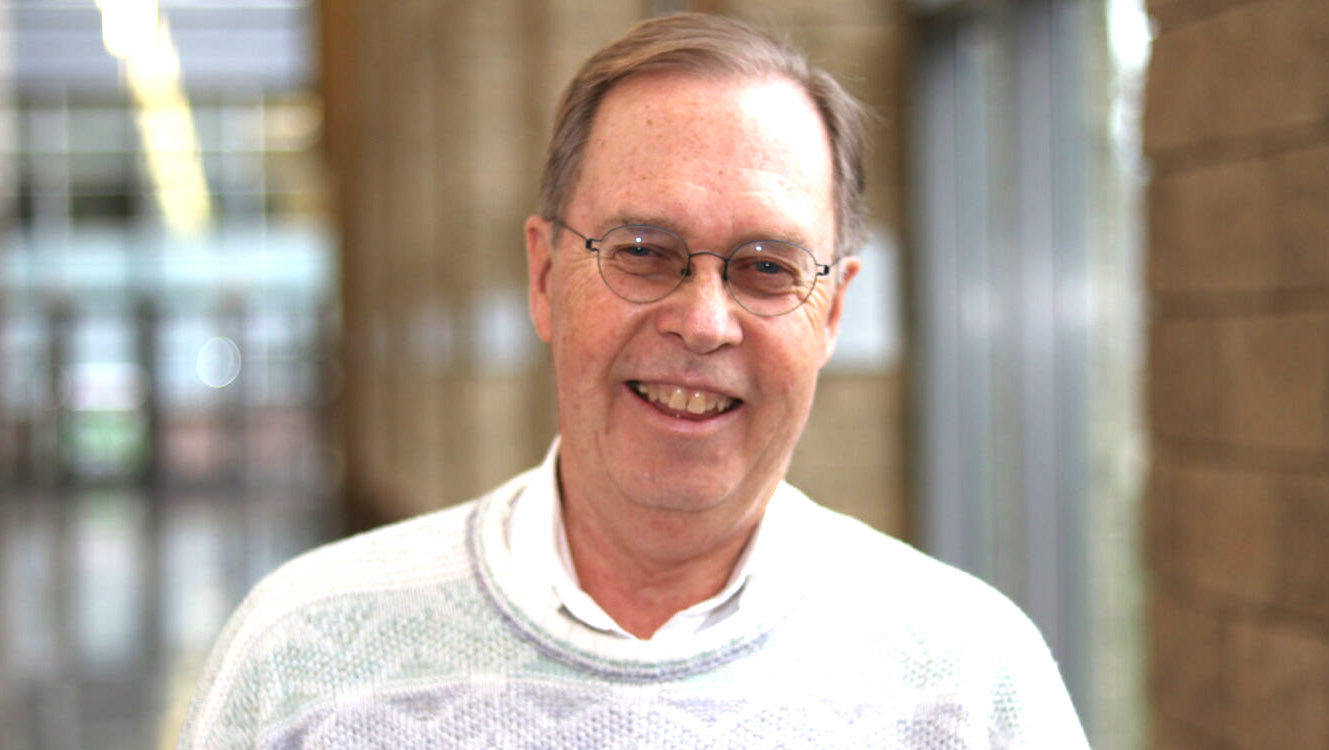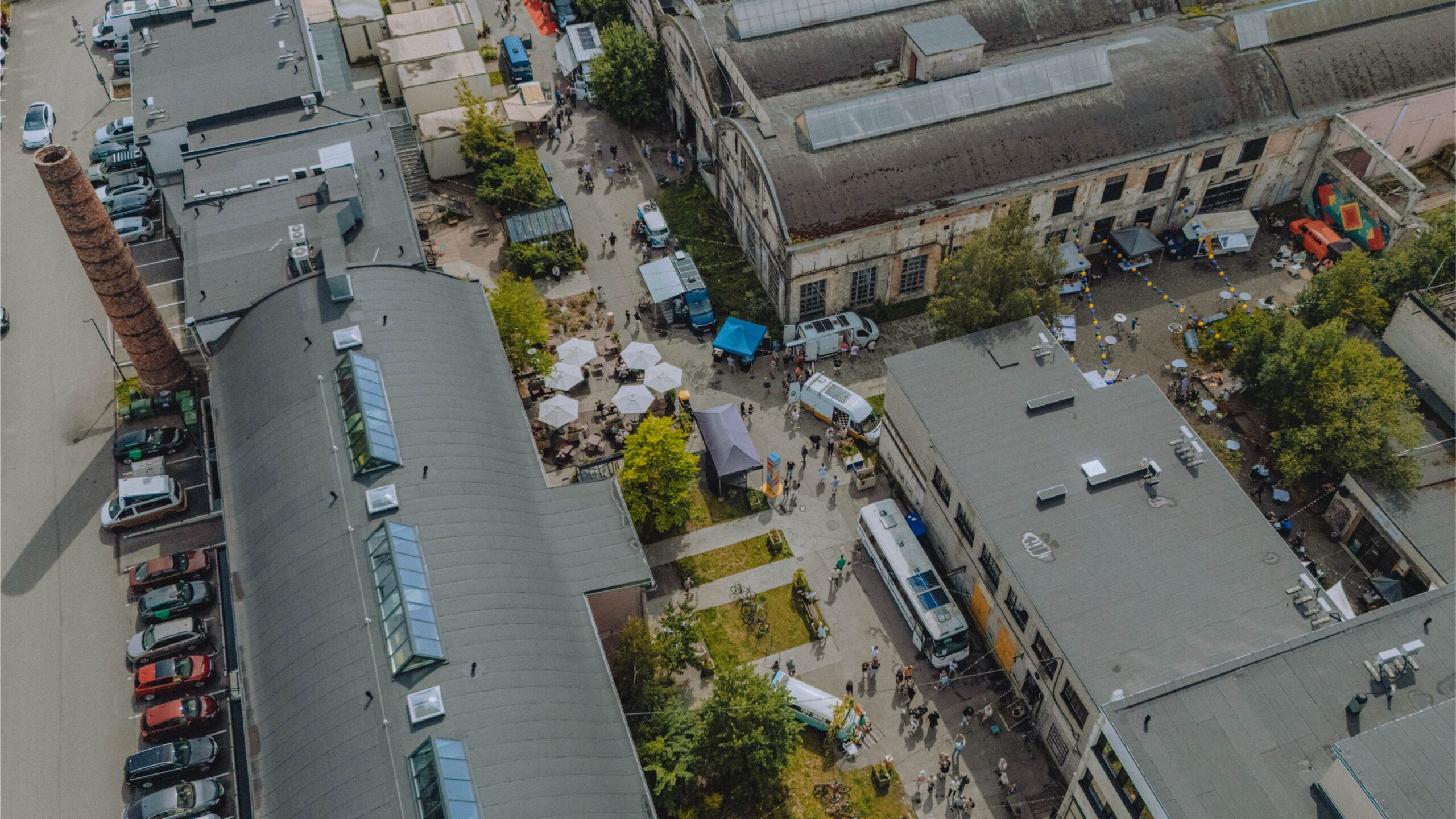I’m in my third year of EdD studies at the Ontario Institute of Studies in Education (OISE) in the University of Toronto, which is ranked the top faculty of education in Canada and one of the best in the world.
Flexibility in form and process
Most people are familiar with the PhD (Doctor of Philosophy) which is the highest level of academic research degree you can achieve and a necessity for a career in academia. The Doctor of Education (EdD) is a more practical degree, designed for people working in education policy and practice who can link their studies and research to their own experience of real-world problems. My EdD course is called “International Education Policy and Leadership” and in my EdD cohort we have 20 working professionals: principals of international schools in Dubai, Shanghai, and Northern Nigeria; analysts in the World Bank, Unicef, the EU, international NGOs, or the private sector; and independent consultants working on a specific topic like early childhood education or Global Citizenship Education (GCED) like me. Our research topics vary from language policy in South Sudan to microcredit degrees in India or the impact of COVID-19 on education policy priorities in Canada.
Our cohort started our studies in Autumn 2020, in the middle of the COVID-19 pandemic. However, this did not affect us much. The whole program was designed from the beginning to be mostly online, to allow people working in different corners of the world to participate. During the first two years, we had courses online in two different time slots to choose from: 9:00 AM or 5:00 PM Toronto time. As an early-bird myself, I normally attended the morning seminars with colleagues in Europe and Africa. The first and only time I came face to face with my ‘classmates’ was last summer when we met for a two-week programme at OISE. That was also one of the few occasions I’ve physically been at the OISE building in Toronto, which is east of Tartu College on Bloor Street.
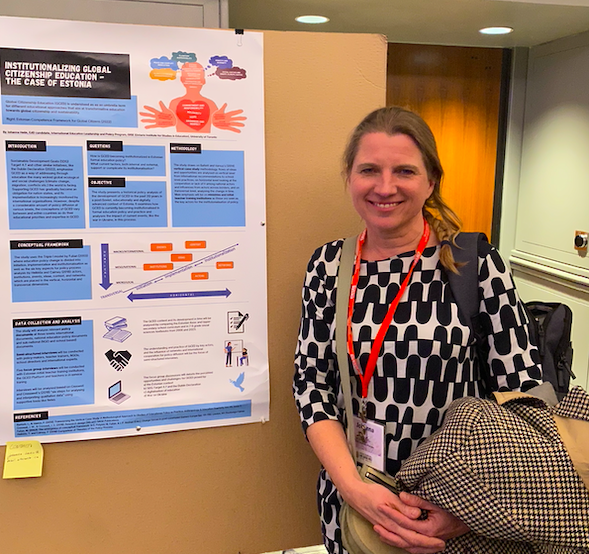
Milestones
A doctoral journey in North America consists of certain milestones, whether you are doing a PhD or EdD. You have an established amount of coursework to get you acquainted with the main theoretical discussions in the field. But after the first year, the main emphasis is on preparation for your research: making a sound literature review, preparing a research proposal, and practicing how to defend it.
Normally around the end of your second year of studies, you have to pass a comprehensive exam where you demonstrate, with your prepared portfolio, that you have gained the skills and knowledge necessary to start your dissertation work. After passing the exam, you can start developing your research proposal, then going on to find a supervisor and two additional scholars for your research committee. The second major milestone is to pass your proposal hearing where your committee members and an external evaluator grill you about your research plans: for example, why you think your chosen topic and research is important and how feasible are your plans to collect and analyze data. I passed my hearing in February. After that, I also needed to get permission from the university’s ethics board to collect data from individuals.
Let the research begin
So now I’m in Estonia, starting my data collection. This involves sitting in the library analyzing Estonian curriculum and textbooks, talking with teachers, and interviewing education policymakers.
Looking back, I’m happy that I started this journey at OISE as the EdD studies have certainly helped me to see a bigger picture behind policy choices and motivation. Learning about ideas and experience in other parts of the globe has been useful in realizing how each and every decision made in education is a political choice that reflects our underlying philosophies about what a good life is and what kind of future we want to build. I am looking forward to sharing some of my analysis in future columns as the journey continues.
